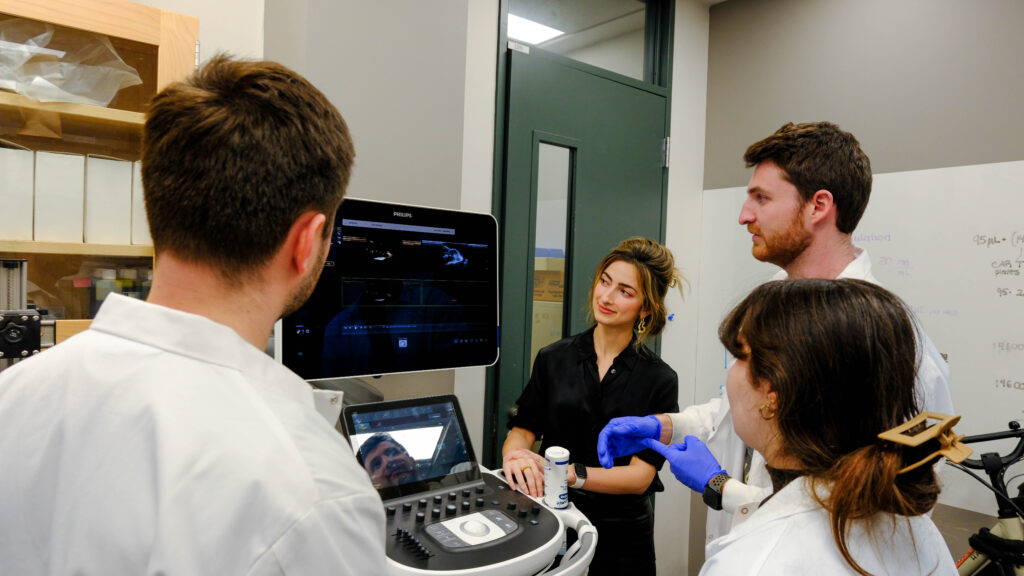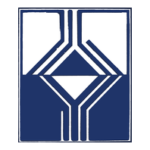Natasha Sheybani, PhD, an Assistant Professor of Biomedical Engineering at the University of Virginia, was recently voted to become a member of the CIC. As research director of the Focused Ultrasound Cancer Immunotherapy Center, she specializes in using Focused Ultrasound (FUS) technology to improve cancer treatments. Her team combines engineering, immunology, and oncology to study how FUS can precisely modulate the immune system to that end.

While most associate ultrasound with imaging, Sheybani’s research focuses on the therapeutic uses of ultrasound. FUS tunes sound waves to precisely target tumors. This technique allows the Sheybani lab to directly damage cancerous tissue or stimulate the immune system around it—one of their primary research avenues. Her team aims to understand how FUS can influence immune cells, alter the tumor microenvironment, and in particular, enhance the effectiveness of immunotherapies. Tuning FUS parameters can modulate immune cell signaling, extracellular vesicles, and other components of the tumor microenvironment to make them more susceptible to existing treatments. Thus far, Sheybani’s research has targeted high-risk breast cancers and adult and pediatric brain cancers – with new projects ramping up in ovarian and pancreatic cancers.
Sheybani’s contributions to the field have been recognized through prestigious awards, including the Department of Defense (DoD) Breast Cancer Research Program’s Era of Hope Scholar Award. This $5.5 million grant, the first of its kind awarded to UVA, will support her work in advancing FUS technology for breast cancer treatment. The award emphasizes patient advocacy, building dialogue between breast cancer survivors and caregivers to demystify the research process, thereby ensuring patient perspectives are actively incorporated into research directions. “This is going to define a new era for our lab because we’re going to start, in partnership with the UVA Comprehensive Cancer Center, a coalition to bring to the table researchers like me, trainees, patient advocates, and other stakeholders from the community to discuss a topic critical to our catchment area – breast cancer. We’re going to build an infrastructure where we can sustainably tear down walls between researchers and patients,” Sheybani explains. The award has been covered in the School of Medicine’s news outlet, Medicine in Motion. The feature can be found here.
Though only now a member, Sheybani has been an active participant in the CIC community. She collaborates closely with other members, including Tim Bullock, PhD, Kristin Anderson, PhD, and Melanie Rutkowski, PhD, to incorporate critical immunological insights into efforts to engineer FUS for cooperation with immunotherapeutic approaches. These collaborations help bridge the gap between engineering and immunology, says Sheybani. “We benefit a lot from this crosstalk – and from the unique tools and diversity in thinking around different problems in cancer. Biomedical engineers are in an interesting place because we wear multiple hats: we are engineers, but we also take it upon ourselves to be good and diligent stewards of immunology, cancer biology, translational science… and that requires sitting with and learning from communities like the CIC.”
